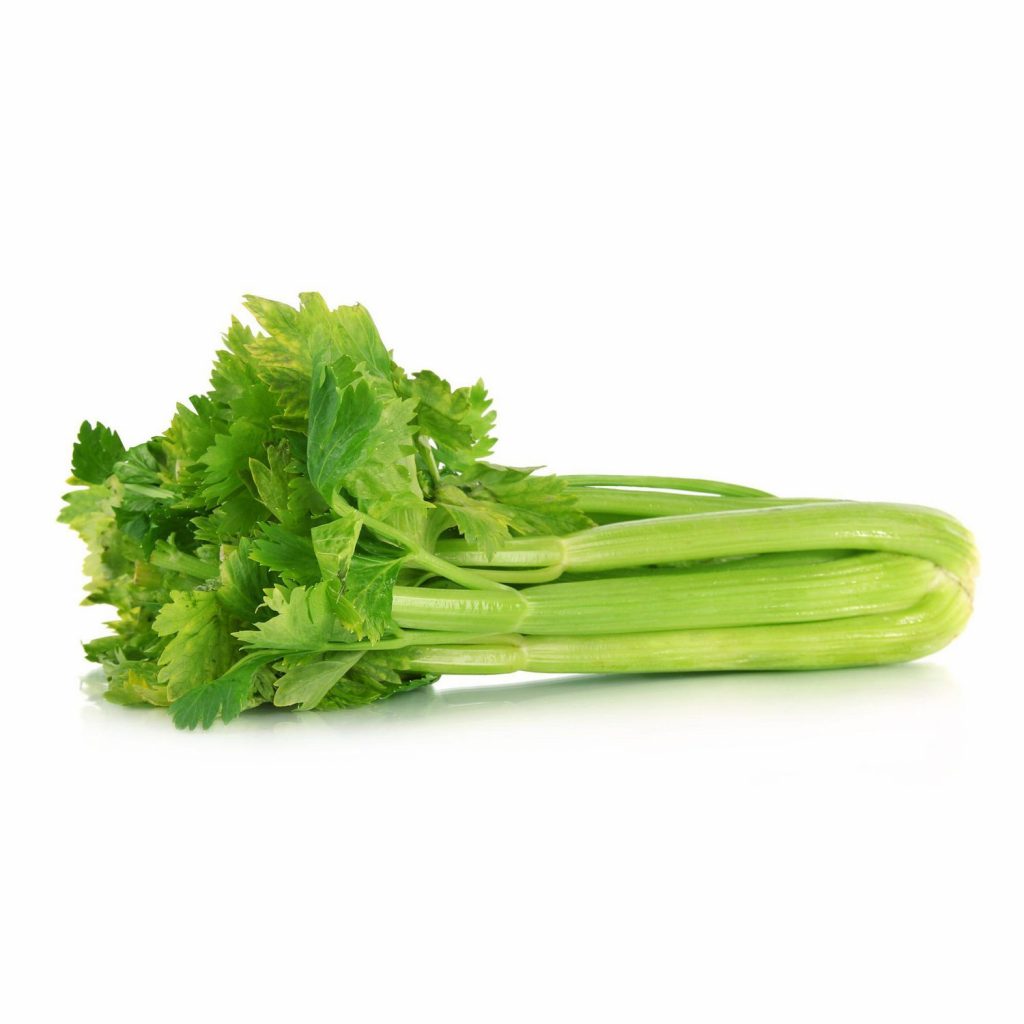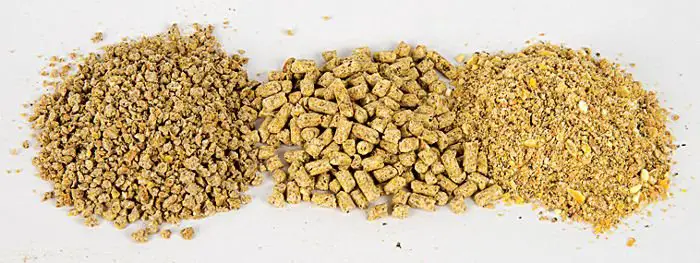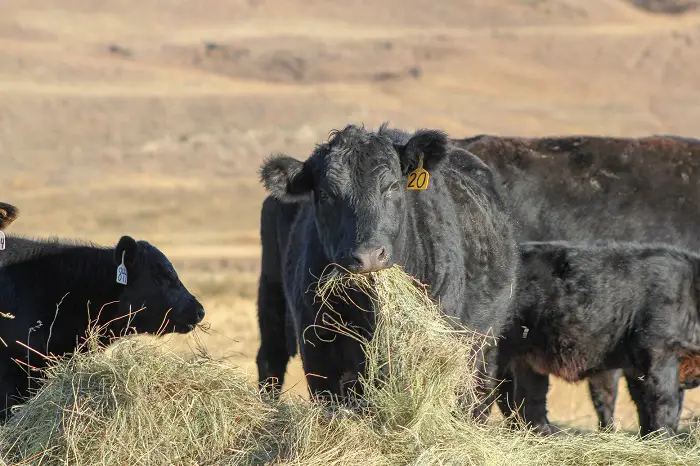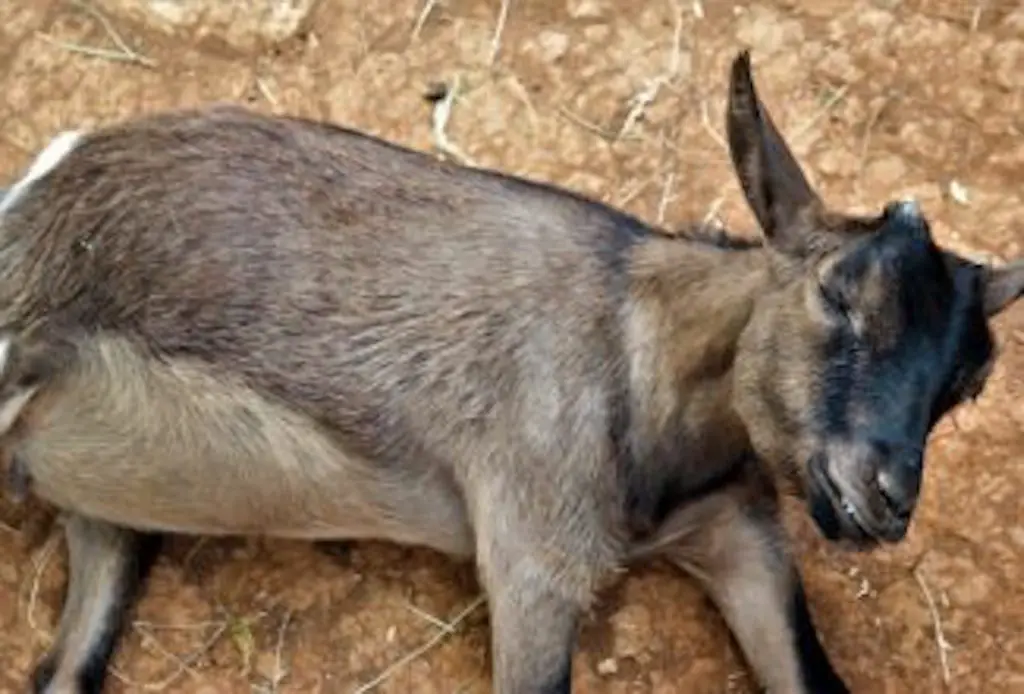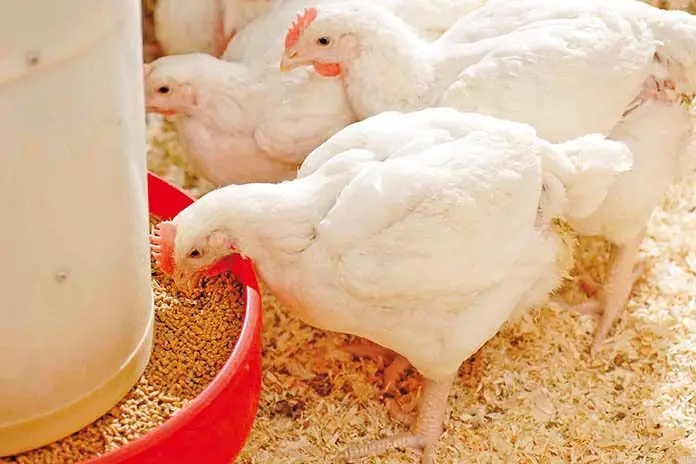With the increase in livestock farming, farmers are always looking for alternative sources of feed in order to maximize production. In the article below we are going to be looking at whether cows can eat celery and what the nutritional benefits of celery are.
Contents
Can Cows Eat Celery
Yes, cows can eat celery mainly because it can be digested by the rumen. Research conducted shows that cattle can consume this vegetable without facing any health related issues. Celery has a high moisture content and should be given to cows in moderate amounts since it has the potential of causing digestive problems when consumed in excess. It is also worth highlighting that celery cannot meet the energy requirements of cattle therefore, never use it as a substitute for feed but, rather as a treat or snack for your cows.
Nutrition And Health Benefits Of Celery
Aids With Digestion
One of the benefits of celery to cows is that it aids with digestion. This is because celery contains both soluble and insoluble fiber which help to speed up the digestive process. This vegetable also contains Pectin-based polysaccharides which are known to improve the stomach lining thus reducing the chances of your cow suffering from ulcers.
Contains Vitamin C
Vitamin C is known to aid with the building of antibodies in the body. Cows that consume moderate amounts of celery are reported to have a high vitamin C content and as a result their bodies are able to resist or fight against certain diseases.
Contains Anti-inflammatory properties
Another benefit of celery to cattle is that it has anti-inflammatory properties. This means it has the ability to heal wounds quickly and reduces the chances of inflammation. Research has also shown that the anti-inflammatory properties in celery can help to reduce diseases like arthritis in cattle.
Contains Vitamin K
Vitamin K is also another important vitamin that is obtained from celery. It helps to strengthen bones and also reduces the chances of blood clots in cattle. So if you have a cow that usually suffers from any of this problems than it’s highly recommended that you add celery to its diet.
Contains Potassium
Celery contains potassium which is an essential mineral that helps to lower blood pressure in cows. Potassium also helps to protect cows from diseases like arthritis and kidney stones.
Helps To Keep Cows Hydrated
Celery is made up of approximately 95% water and as such it can help to keep cows hydrated. Studies conducted reveal that cattle which consume moderate amounts of celery are able to last for a long period of time without feeling thirsty. Therefore, if you leave in arid regions it is highly recommended that you include celery to the diet of your cows.
Things To Avoid When Using Celery As A Supplement
While cows can consume celery without facing any adverse reactions, there are still a number of things you need to look out for in order to maintain its health. For starters you should avoid giving your cow celery leaves that are not cut into small pieces because there is a great chance that the cow will choke. You should also ensure that the celery you are offering to your cattle is 100% organic and free from pests or germs. Lastly, you should avoid using celery as a feed substitute since it does not contain all the minerals and nutrients needed by a cow in order to grow.
Can Cows Eat Cabbage?
Yes, cows can eat cabbages since they are rich in vitamins C, K and A. Furthermore cabbage can be easily digested by the rumen. It is worth noting that cabbage contains a high water content and when consumed in excess by cattle it can lead to diarrhea or digestive related problems. Therefore, you should always offer cabbages in moderate amounts. It is also worth pointing out that, cabbage should never be offered as a standalone feed for cattle as it does not meet all the dietary requirements of cattle.
Can Cows Eat Cucumber?
Yes, cows can eat cucumbers because they can easily be digested by the rumen. Cucumbers contain roughage which promotes good digestion in cattle and they have a high water content that can help cows to stay hydrated. It is worth noting that cucumbers should be given to cows in moderate amounts as they have the potential of causing diarrhea or other health related problems when consumed in excess.
Can We Give Vegetables To Cows?
You can give certain vegetable like cabbages, cauliflower, broccoli, kale and ripe tomatoes to cows. It is worth noting that vegetables that contain tomatine or solanine should never be given to cows as these compounds are highly toxic to them. Some of the vegetables that contain this compound include unripe tomatoes, onions, bell peppers and eggplant. Vegetables that are palatable to cows should never be used as a substitute for livestock feed as they can never meet the energy requirements of cattle. Therefore, it’s highly recommended that one uses vegetables as snacks or treats for cattle.
Can Cows Choke On Carrots?
Yes, it’s possible for cows to choke on carrots. Therefore, if you are going to be offering carrots to your cattle make sure you cut them first so that the cows can really have enough time to chew without facing any difficulties.
Are Tomatoes Toxic To Cows?
Unripe tomatoes are highly toxic to cows. This is because they contain a compound known as tomatine. This compound can also be found on the stems and leaves of the tomato plant. It is worth pointing out that ripe tomatoes are not toxic to cattle and should only be offered in moderate amounts as they have the possibility of causing digestive problems when consumed in excess.
Conclusion
Cows can eat celery however, it should only be offered as a supplementary feed and not as a substitute for livestock feed. This is because it does not contain all the vitamins and minerals that are needed by a cow in order to survive.
